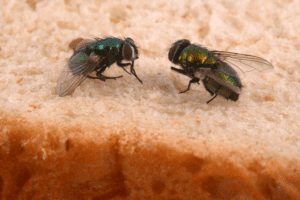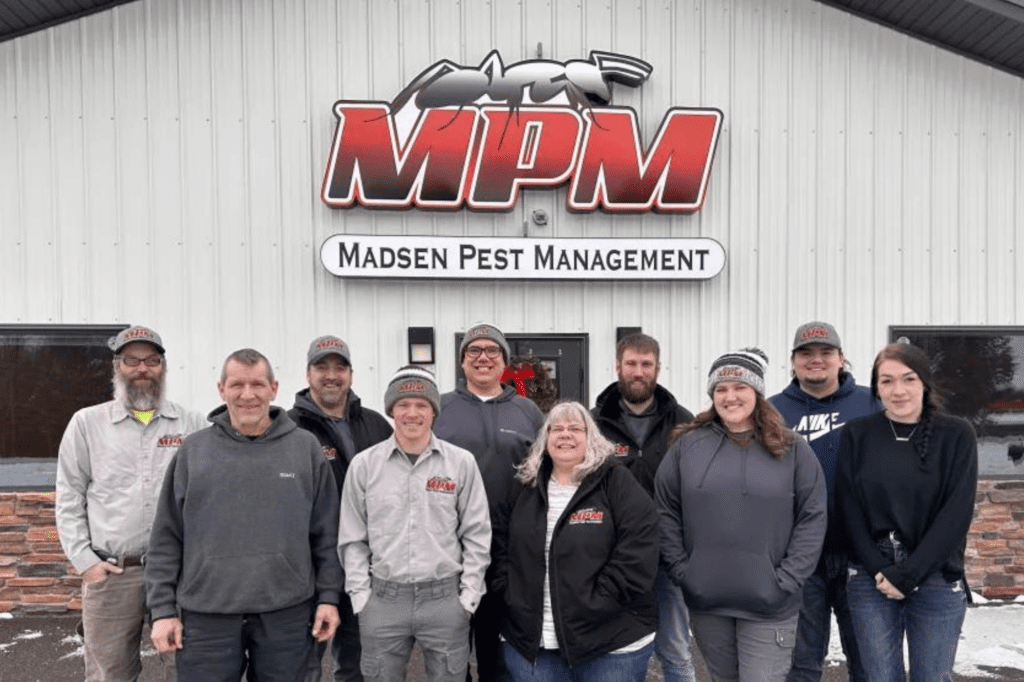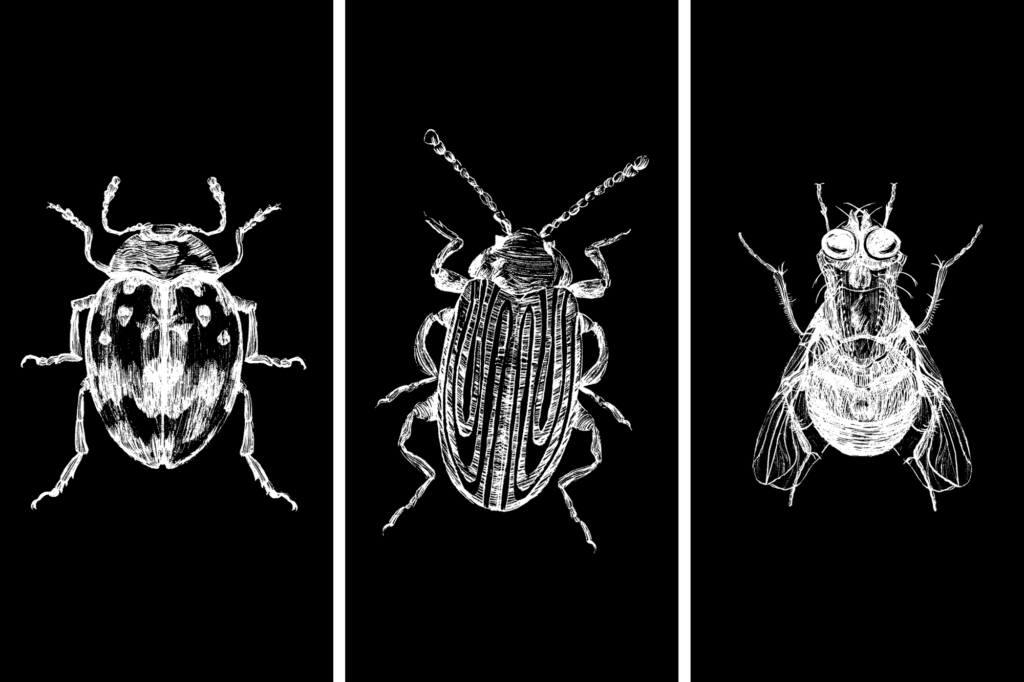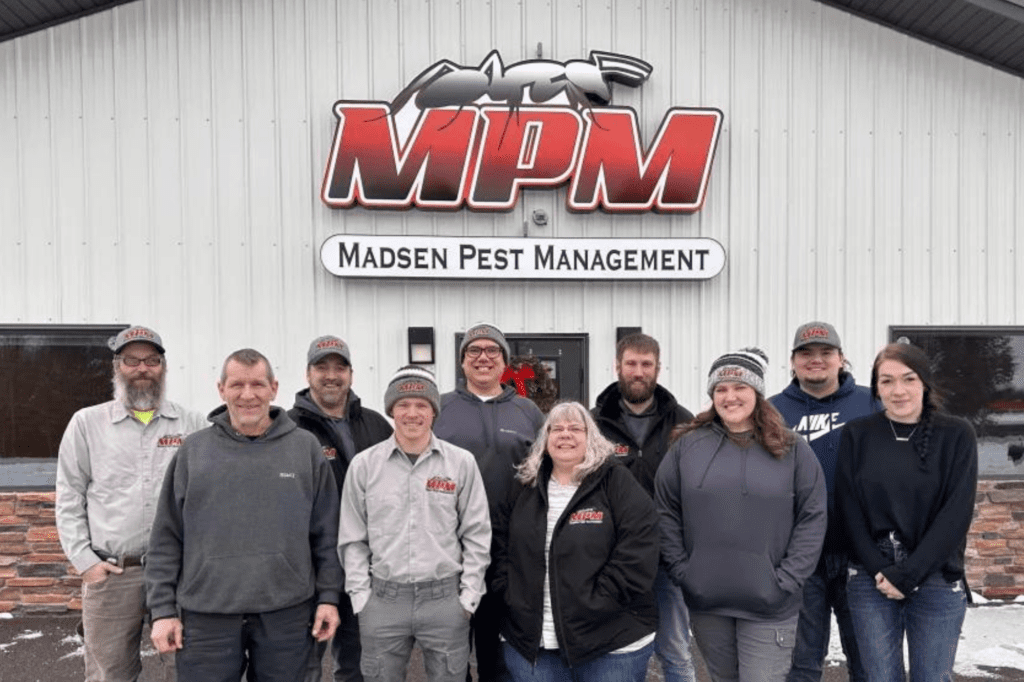Flies can be really annoying but that is not the biggest concern when it comes to these pests. As small and harmless as they may seem, flies can also be dangerous, especially when it comes to our food. The truth is, flies carry some dangerous diseases and parasites including gangrene, dysentery, tuberculosis, anthrax, and even the plague! In fact, flies are twice as likely to spread disease as cockroaches.
Flies have a great sense of smell which allows them to find your burgers, brats, hot dogs, and sugary drinks with relative ease. Flies also have poor eyesight but they produce a sticky substance that they use for maneuverability purposes such as clinging to walls, evading danger, and clinging to your food. This sticky substance contains bacteria that is bad for you and your dinner guests and can take a matter of seconds before it is all over your food.
If this isn’t enough to make your cringe, consider the fact that flies also poop every two minutes on average. This means that as they are also defecating while they are intruding on the meal you worked hard to prepare. This would be enough to make the hungriest person at the dinner table lose their appetite!
Without teeth, flies resort to “spitting” on their food to soften it before they are able to ingest. They may also lay eggs on your food. Both the saliva and eggs are also dangerous contaminates and should be cause for concern.
Preventing Food Contamination From Flies
We strongly recommend covering all foods during outdoor meals, events, and get-togethers. This may be the oldest trick in the book but if you are diligent, it should protect your food. Scientists believe that a fly just simply “landing” on your food is probably not enough to make you sick but every second spent on your food increases the odds of contamination greatly.
If flies are commonly intruding on indoor meals, be sure to close all your windows, repair screens that are broken or have holes in them, and seal off any other entry points. Fly lights, fly traps, and fly paper can also be extremely effective indoors.
Flies live for one to two months but their accelerated reproductive habits mean that you will be seeing many more of them if the infestation is not properly addressed. The best way to avoid food contamination by flies during the summer season is to have the infestation addressed by professionals who can get you on a plan that meets your needs.
Related Posts
MADSEN PEST GIVES THANKS
With the holiday season approaching, we wanted to express our gratitude and thankfulness for our amazing customers and the wonderful Madsen Pest team that makes our company a success. Our heartfelt thanks go out to each and every one of you for your continued support. This month, we’re dedicating our blog to the glowing reviews…
SPOOKY INSECTS OF FALL: CREEPING, CRAWLING, AND HAUNTING YOUR AUTUMN NIGHTS
It’s that bewitching time of year again when the autumn moon rises, and the world transforms into a ghostly wonderland. But amidst the pumpkin patches and skeleton shadows, there’s a truly hair-raising tale to tell – the spine-tingling story of the spooky insects of fall. These eerie pests are lurking in the shadows this fall…
PEST CONTROL: THE POWER OF PREVENTION
When it comes to pest control, prevention is the ultimate game-changer. The age-old saying “An ounce of prevention is worth a pound of cure” rings true in the world of pest management. Pest prevention is the cornerstone of effective pest control. Adopting proactive measures will save you time, money, and peace of mind. The Shift…





